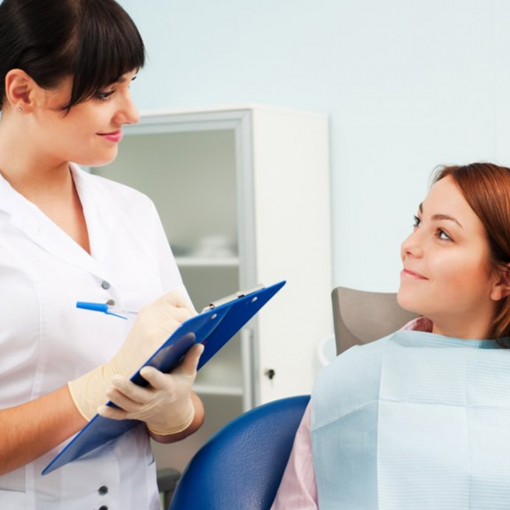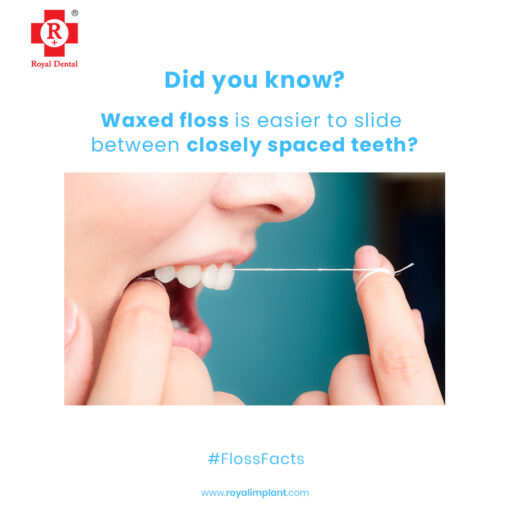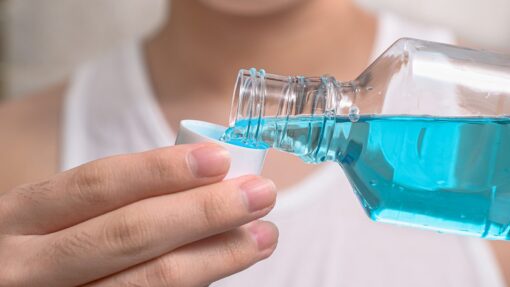Dental management for pregnant women is essential for maintaining the health during pregnancy of mother and of the child. During pregnancy, hormonal changes can cause gingivitis, which can lead to periodontal disease. Additionally, research has suggested a link between periodontal disease and preterm labor or low birth weight. Therefore, it is important to follow proper dental management for pregnant women to help ensure the best possible outcome for both mother and baby. This article will outline the various steps that pregnant women should take to ensure their oral health during this special time. It will cover the importance of regular dental check-ups, cleaning, and dental care products that are safe for pregnant women. By following these steps, pregnant women can maintain their oral health and ensure a safe and healthy pregnancy.
Benefits of Dental Management during Pregnancy
When it comes to pregnancy, many women are more focused on the health of their baby than their own health. However, it is important to remember that oral health is just as important during pregnancy as at any other time. A healthy pregnancy begins with taking care of your teeth and gums. Pregnant women who are diligent with their dental care are less likely to experience pregnancy complications.

If you have good dental health before you become pregnant, you reduce the risk of problems during pregnancy and afterwards. You have dental problems, such as gum disease, it is important to get them taken care of before becoming pregnant. If you don’t, it could affect your pregnancy and the health of your baby. Dental problems can make it more difficult for you to eat a healthy diet, and they can make you more prone to infections.
Dental Care Tips for Pregnant Women
Here are a few tips to keep in mind when it comes to dental management for pregnant women: Dental health is as important for pregnant women as it is for everyone else. However, one should be careful about the dental care products that are used during pregnancy. It is best to avoid certain dental care products during pregnancy, such as mouthwash and floss. This is because they may contain ingredients that are harmful to the baby. Mouthwash may contain ingredients that are not safe for pregnant women.
Some may even be linked to certain birth defects. Floss can be harmful to the gums, so it should be avoided as well. You should also be careful with using mouthwash during breastfeeding. It is best to avoid using mouthwash while breastfeeding completely. When it comes to brushing, you should be gentle but thorough. You should brush your teeth after every meal. If you are brushing your teeth twice a day, it is best to alternate between morning and night.
a. Regular Dental Check-Ups
Healthy teeth and gums can help prevent preterm delivery or a low birth weight in offspring. Preterm delivery is one of the most common complications of pregnancy, occurring in 10 to 15 percent of all pregnancies. Regular dental check-ups are important throughout pregnancy, as the body changes and grows during this time. These check-ups allow the dentist to monitor the progress of any dental issues, such as gingivitis and periodontal disease, and to provide treatment if needed.

It is important for women to visit the dentist during pregnancy just as they would be any other time of year.
b. Cleaning and Care
Brushing Your Teeth Twice a Day Teeth should be brushed at least twice a day to remove plaque, the main cause of dental disease. It is recommended that pregnant women brush their teeth after each meal to help prevent or reduce plaque and cavities. During pregnancy, brushing should be done with a soft-bristled toothbrush. Pregnant women should avoid using hard-bristled toothbrushes, which can increase the risk of bleeding gums.


Using Floss: Flossing removes plaque from between teeth, where a toothbrush cannot reach. Pregnant women should floss at least once a day to help prevent bacteria from spreading between teeth and leading to gum disease.
Using Mouthwash: Pregnant women should use mouthwash to help prevent cavities and bad breath. It is important to choose a mouthwash that is fluoride-free, as fluoride has been linked to dental fluorosis (an abnormality in tooth enamel caused by too much fluoride).
c. Dental Care Products for Pregnant Women
During pregnancy, pregnant women should select a gentler toothpaste. A fluoride-free toothpaste is recommended, since too much fluoride can lead to dental fluorosis. Pregnant women should avoid whitening products, since they have not been tested during pregnancy. They should avoid mouthwashes and toothpastes that contain alcohol, as these can dry the mouth and cause irritation.
Pregnant women should avoid using mouthwash that contains hydrogen peroxide, as it has been linked to miscarriage and preterm delivery. They should avoid using antibacterial mouthwash, as it can lead to antibiotic resistance and may be harmful to the fetus.
Dental Care Products for Pregnant Women
Dental care products for pregnant women should be toxin-free. Here are some products that are generally considered to be safe for pregnant women: Dental floss is the most important product for pregnant women. It is important to avoid harmful bacteria from building up and causing gum disease. Additionally, you should also be careful not to swallow the bacteria. Doing so can lead to a condition called bacterial vaginosis, which can harm both the mother and the baby. If you are pregnant, it is best to use wooden dental instruments.
Metal dental instruments can transfer small amounts of nickel to your body. If you are sensitive to nickel, this can be harmful to your health. If you prefer gel toothpaste, be sure to find one that is free of sodium lauryl sulfate (SLS). SLS can cause a reaction in the mouth and is not recommended for pregnant women.
Reducing Discomfort During Dental Visits
During pregnancy, many women notice an increase in dental discomfort. This can be due to hormonal changes that occur during pregnancy. Here are a few tips to reduce discomfort during dental visits: You may experience increased dental discomfort during pregnancy. This can be due to the higher levels of progesterone during this time. The discomfort can be reduced by taking steps before and during your appointment.
Before your appointment, avoid eating and drinking for at least two hours beforehand. Be careful to avoid eating hard foods. Avoid smoking for at least 24 hours before your appointment. Dry your gums and lips before visiting the dentist. This can be done by gently rubbing them with a soft cloth. During your appointment, be sure to breathe deeply. This will help to reduce any discomfort caused by the vacuum.
Nutritional Tips for Pregnant Women
As mentioned above, proper nutrition is just as important for pregnant women as it is for everyone else. You should aim to eat a balanced diet that includes plenty of fruits and vegetables. You should also consume foods rich in protein, iron, and calcium. Be sure to avoid certain foods during pregnancy, such as soft cheeses (except Camembert), deli meat, and raw eggs.
You should also avoid foods that contain high levels of mercury, such as certain types of fish. You should also be careful with drinking alcohol during pregnancy. For your baby’s health, it is best to avoid drinking alcohol. When it comes to brushing your teeth, you should be gentle but thorough. It is best to brush your teeth after every meal. If you are brushing your teeth twice a day, it is best to alternate between morning and night.
Conclusion
When it comes to pregnancy, many women are more focused on the health of their baby than their own health. However, it is important to remember that oral health is just as important during pregnancy as at any other time. A healthy pregnancy begins with taking care of your teeth and gums. If you have good dental health before you become pregnant, you reduce the risk of problems during pregnancy and afterwards. If you have dental problems, it is important to get them taken care of before becoming pregnant. Dental management can make it more easy for you to eat a healthy diet and reduce your risk of complications during pregnancy. If you are pregnant, it is important to take care of your teeth and gums. With the right advice and care, pregnant women can enjoy a healthy smile throughout their pregnancy and beyond.






